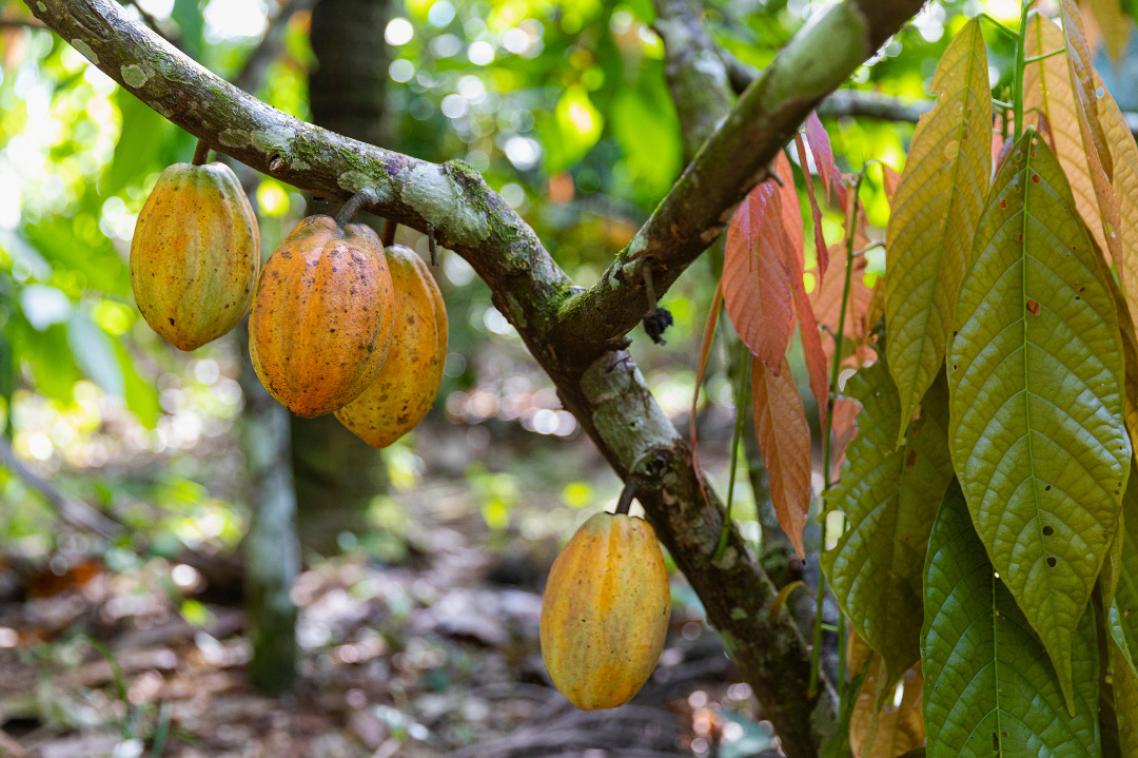Discovery of cell linked to learning and memory
Queensland Brain Institute (QBI) neuroscientists at The University of Queensland have discovered a fundamental component of the process that regulates memory formation.
QBI Director Professor Perry Bartlett said the discovery explains, for the first time, how new nerve cells form in an area of the brain associated with learning and memory – which is known to deteriorate in people with stroke and dementia.
“The hippocampus is the region of the brain involved in important brain functions such as learning and memory and loss of neuronal production in the hippocampus is associated with a range of neurodegenerative conditions, and is particularly evident in ageing dementia.” Professor Bartlett said.
“Surprisingly, however, studies have so far failed to identify a resident stem cell population in the hippocampus that’s capable of providing the renewable source of these essential nerve cells.”
Research by Professor Bartlett and his QBI colleague Dr Tara Walker – which features on this week’s front cover of the Journal of Neuroscience (May 14) – has identified the resident stem cell in the hippocampus and, even more importantly, has discovered how it can be activated to produce new neurons.
According to Dr Walker, an understanding of the activation process should enable the development of therapeutics that can stimulate the production of new neurons and reverse or prevent the cognitive decline that occurs during ageing dementia.
“These significant advances in determining the molecular regulation of nerve production will also have a major impact on our understanding of more complex areas such as behaviour, cognition, neurological disease and mental illness,” she said.
Established in 2003, QBI is dedicated to understanding the molecular basis of brain function and applying this knowledge to the development of new therapeutics to treat brain and mental health disorders.
QBI was established as part of the Queensland Government's Smart State Initiative, with the generous support of the Atlantic Philanthropies.
Find additional research by Professor Perry Bartlett in UQ eSpace, http://espace.library.uq.edu.au/list/author_id/2350/.
Find more research by Dr Tara Walker in UQ eSpace, http://espace.library.uq.edu.au/list/author_id/2680/
UQ staff and students can access the journal via The University of Queensland Library catalogue record for the Journal of Neuroscience http://library.uq.edu.au/record=b1131334~S7 This particular journal item has now been included in UQ eSpace.
Please note: Cellular images and a short broadcast-quality animation of the neural stem cell cycle are available upon request.
TV crews: access to QBI neural stem cell laboratories is available by prior arrangement between 11am to 2pm on Thursday, May 15.
All persons wishing to enter labs at QBI must wear fully enclosed footwear.
To interview Professor Perry Bartlett, please call (07) 3346 6311
Media enquiries – Ron Hohenhaus, QBI Communications (07) 3346 6414, Mobile: 0434 601 066
Media parking
Limited short-term parking is available behind QBI (Building 79) in loading bays near rear loading dock. Access via Upland Road, turn into College Road, turn left into Cooper Road, and left into lane after about 100 metres (veer right at fork 30m). Advance warning of your intended arrival is encouraged.
Related articles

Judgement call: the unseen pressures on the people who police the internet

Growing shade trees can cut chocolate’s environmental impact
Media contact
UQ Communications
communications@uq.edu.au
+61 429 056 139
